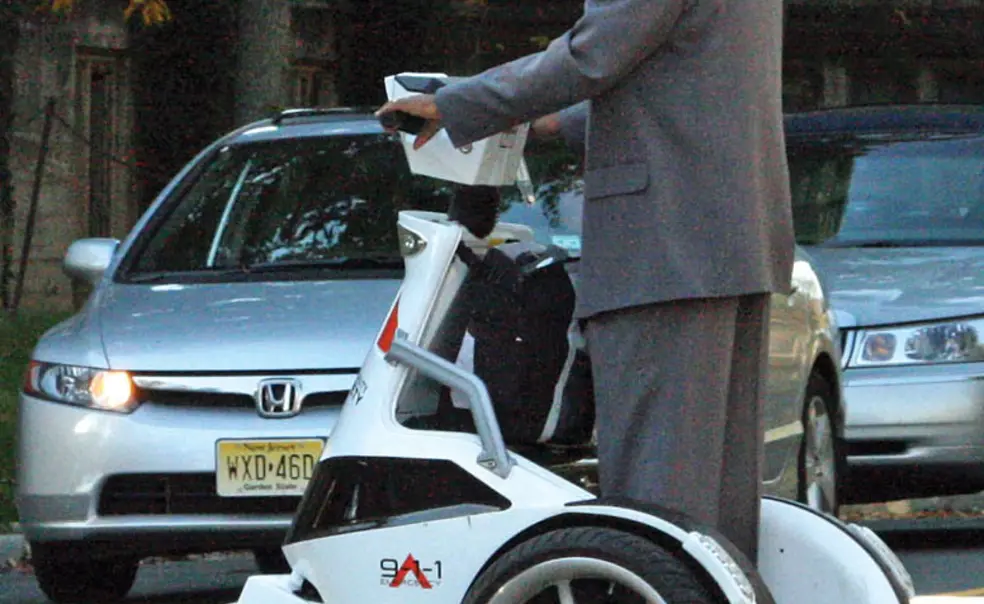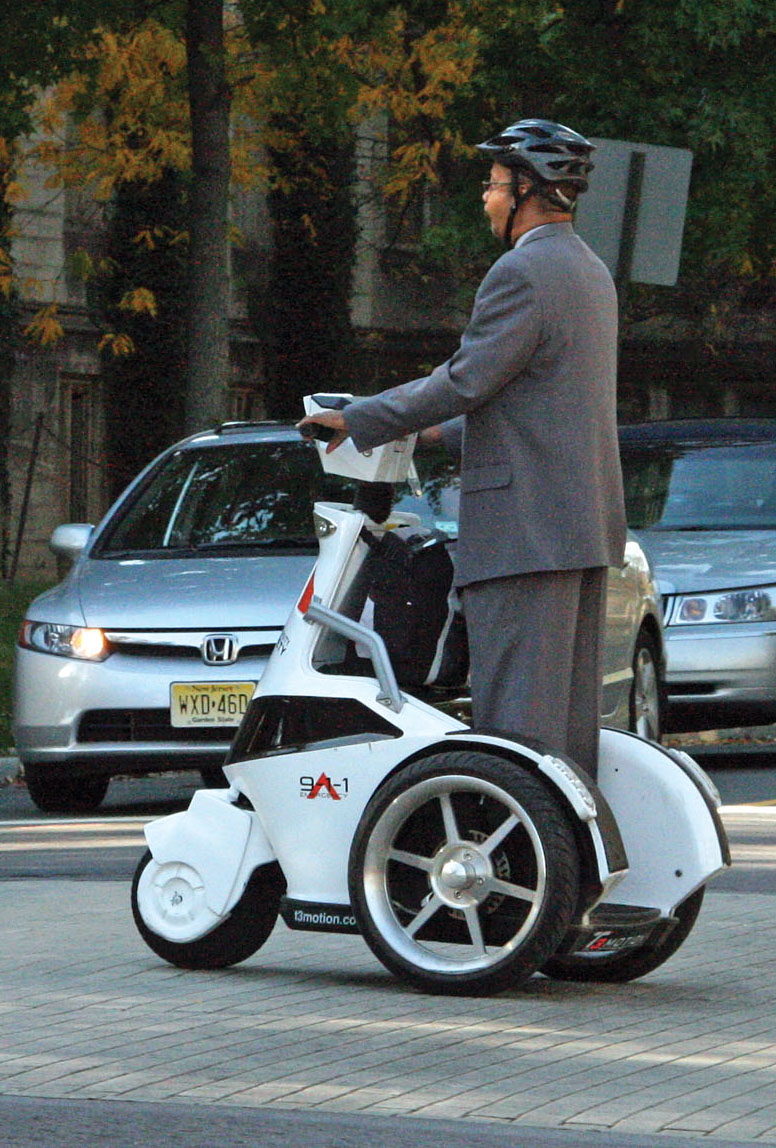Seniors face a new reality; Public Safety’s new wheels
Sometimes accused of living in an “orange bubble,” Princeton students have been following the financial crisis awfully closely. The interest is part academic (economics is one of the most popular majors on campus), but also pragmatic. For seniors especially, a nose-diving stock price or the sale of a bank may mean another job opportunity lost — and not just any job opportunity, but the chance to work on Wall Street right out of college.
Indeed, this year could mark a record low in the yearly migration of students from Prospect Avenue to Wall Street. Recruiting efforts by investment banks — or bank holding companies and hybrid commercial banks — are sparse to nonexistent. The University-organized Career Fair Oct. 3 saw only 83 employers show up, down from more than 100 in years past, and only one was a name-brand investment bank.
In response, many students are searching for alternatives.
“There’s a lot of competition now for consulting jobs,” said Sarah Dajani ’09, who spoke to PAW on her way out of the Career Fair in Dillon Gym. Dajani also said that one-year fellowships are becoming more attractive to students who want to wait out the job market. “There’s been talk about how we’re going to have more people apply to grad school now,” added Jonathan Fulton ’09.
Career Services director Beverly Hamilton-Chandler said that some banks, retailers, and manufacturers had canceled their recruiting dates, but many were planning internship sessions this month. “Moreover, new firms representing education, environment, engineering, nonprofits, real estate, and technology have listed positions and scheduled interviews,” she said.
Others see a different kind of opportunity among the dark economic clouds.
Caitlin Sullivan ’07, a former Princeton Project 55 fellow, penned an op-ed in The Daily Princetonian challenging the Class of 2009 to “turn this economic constraint into professional liberation.”
“My proposition: The Class of 2009 launches more careers in public service than any class in Princeton’s history,” Sullivan wrote.
While it remains to be seen which alternatives are most popular, the educational nonprofit Teach for America saw a 73 percent increase over last year in the number of Princeton students who applied before its first deadline in September.
Some students are calling for the administration to lead the way, including Dajani.
“Career Services is going to have to broaden its scope in terms of the services it’s offering us on campus,” she said. “I think it’s going to be like this for a couple of years.”
For students who didn’t already catch them at their debut at Reunions, Public Safety’s new wheels were a surprise on campus this fall. No, we’re not talking patrol cars or bicycles, but T3 Personal Mobility Vehicles. The devices — basically Segways with a third stabilizing wheel — have been causing a stir among students who think they project not authority but humor.
“I get the sense that the student body doesn’t take them seriously,” said Brandon Lowden ’09. “The design is kind of comical,” he said, calling them “reminiscent of Big Wheels.”
One Prince columnist wrote: “My 3-year-old cousin called; he wants his trike back.”
However uncool the T3s are among students, Duncan Harrison, associate director of support services at Public Safety, insists they’re useful policing tools that “allow our officers to interact with the community.”
Due to their small size and speed, T3s can go where patrol cars can’t — Princeton’s inner-campus sidewalks — and at a rate much faster than an officer on foot (up to 12 mph, Harrison says). Plus, because it stands nine inches off the ground, the T3 makes officers more visible in crowds and gives them a longer range of sight.
The department bought two T3s just before Reunions, “trying to keep pace with the University’s goal of sustainability,” Harrison said.
Two lithium-ion battery modules allow for 75 miles of emission-free riding on one four-hour charge. According to the T3’s Web site, that amounts to just 10 cents per day in extra utility bills.
That’s a pretty convincing case. But their appearance has been a stumbling block within the department, too.
“Some [officers] love them, some don’t care for them,” said Harrison, adding that he was a little reluctant at first himself. “I don’t want to say dorky, but ... ”
And perhaps students are just jealous. Asked if he would ride one around campus, Lowden said, “Absolutely. ... They do look like fun.”













No responses yet